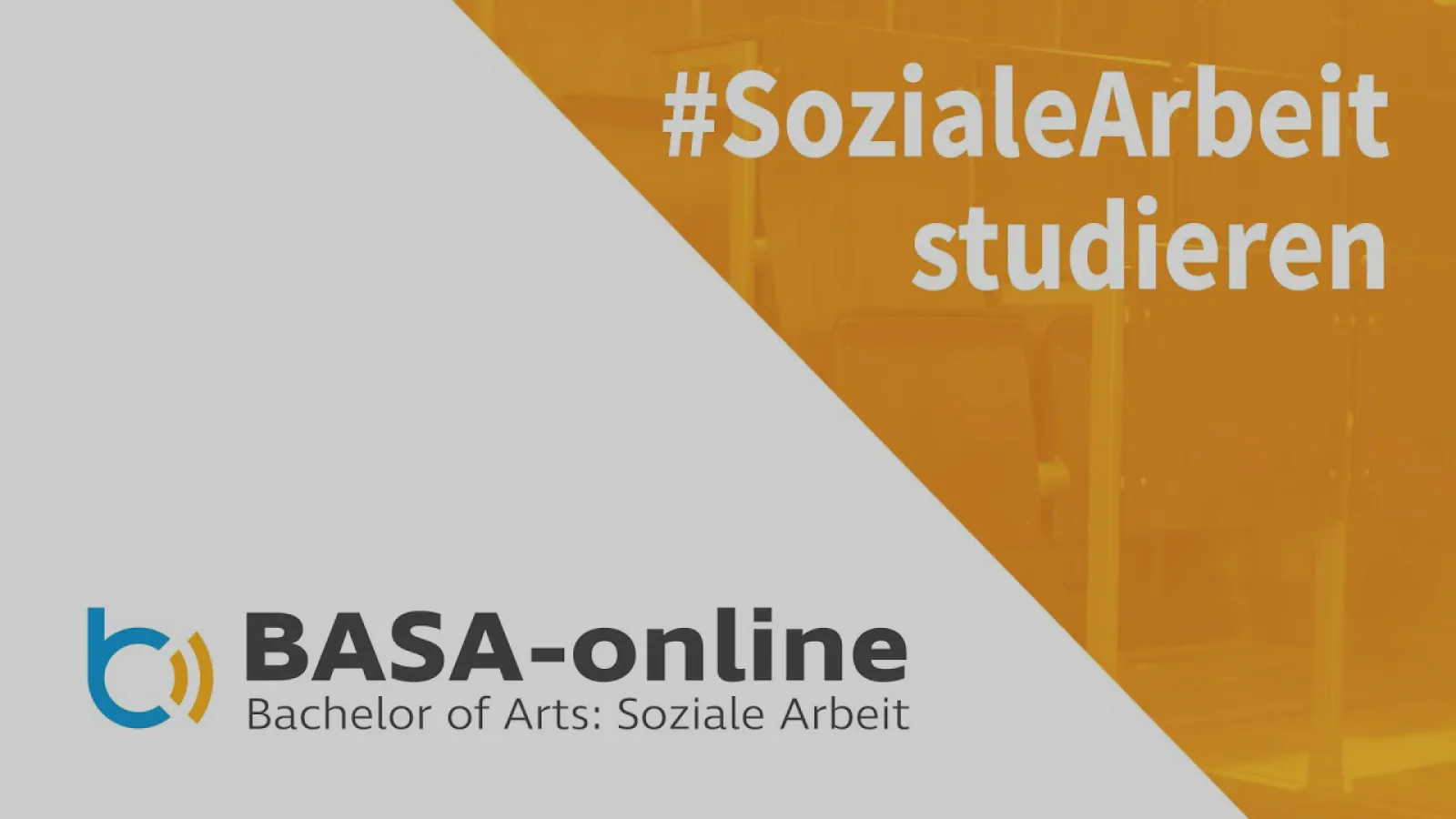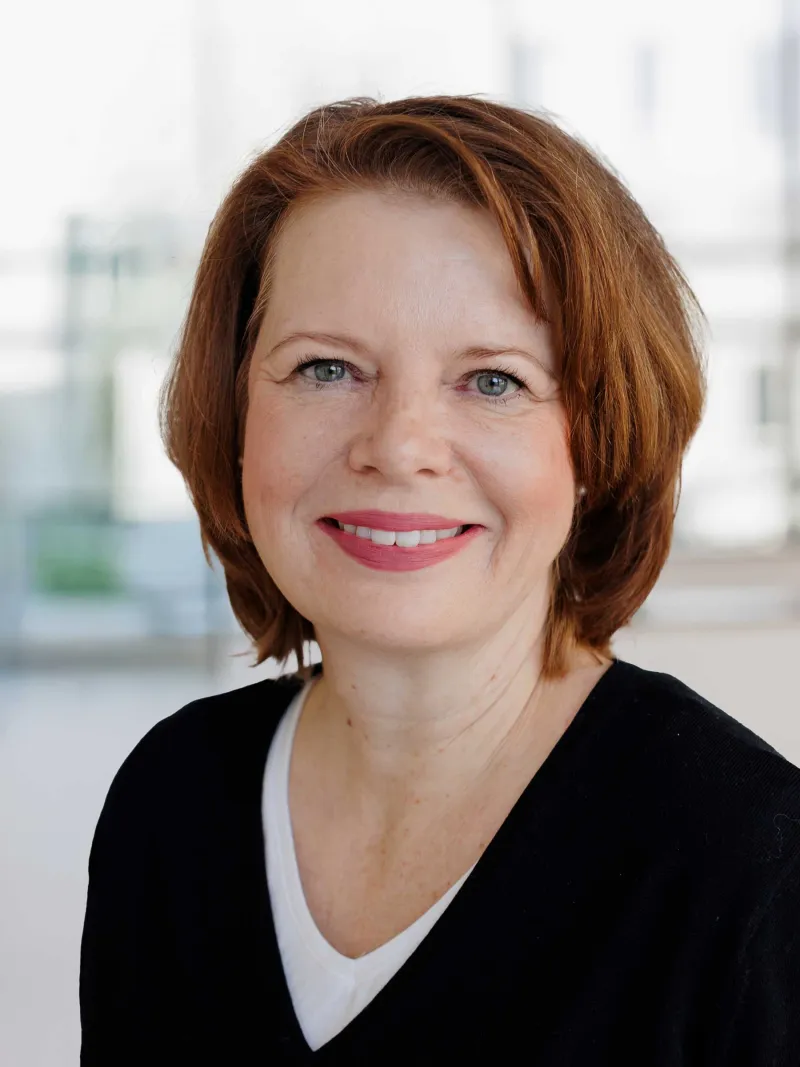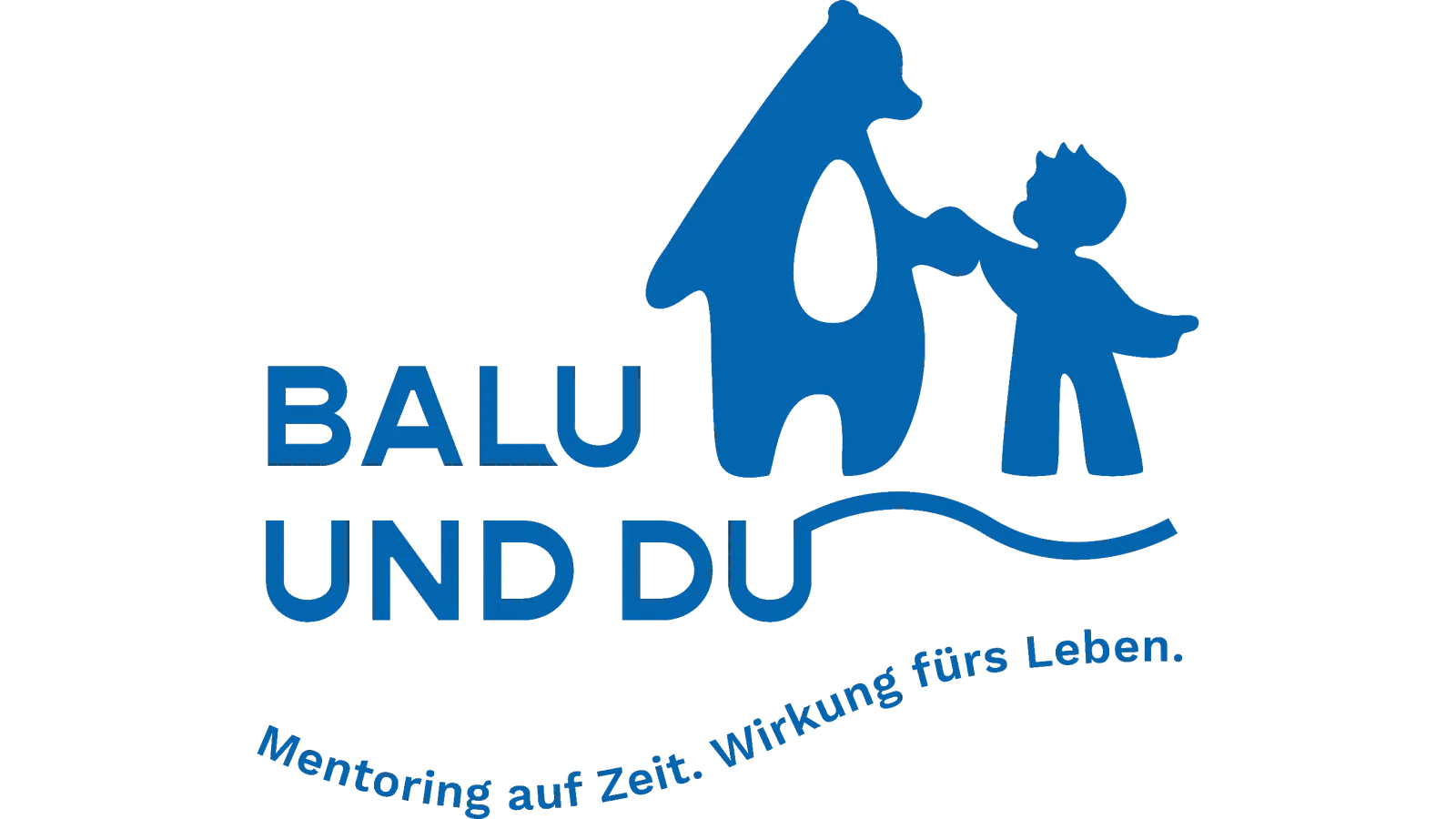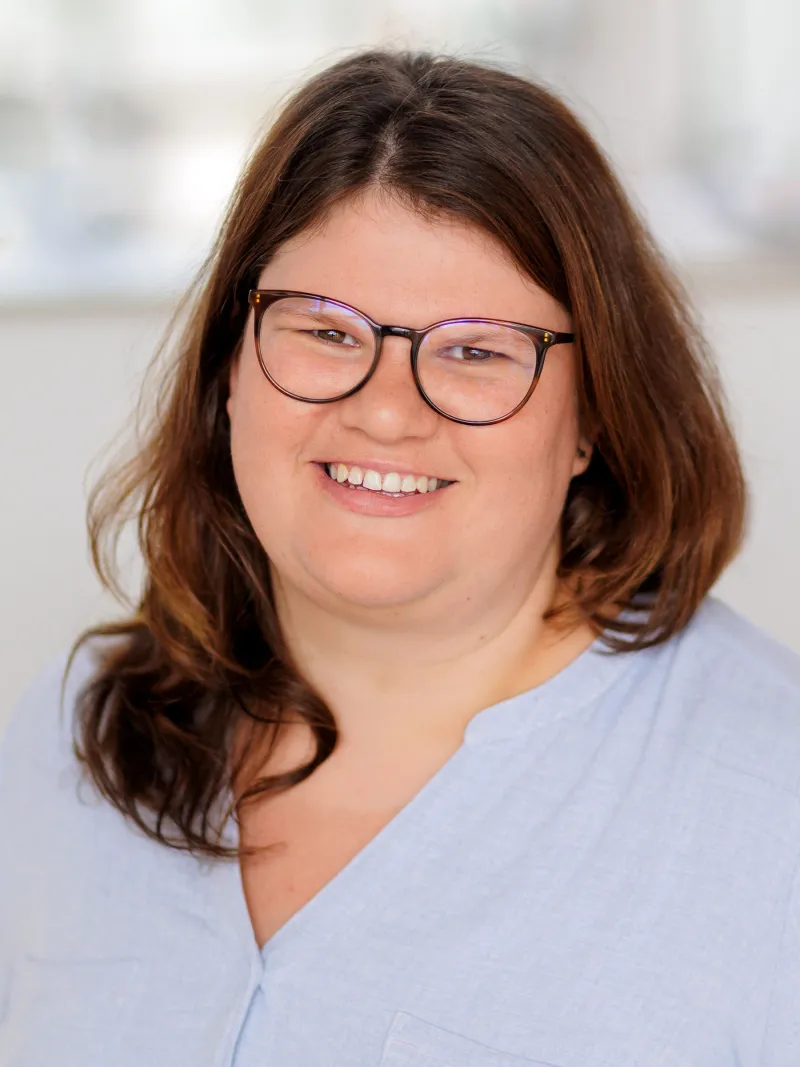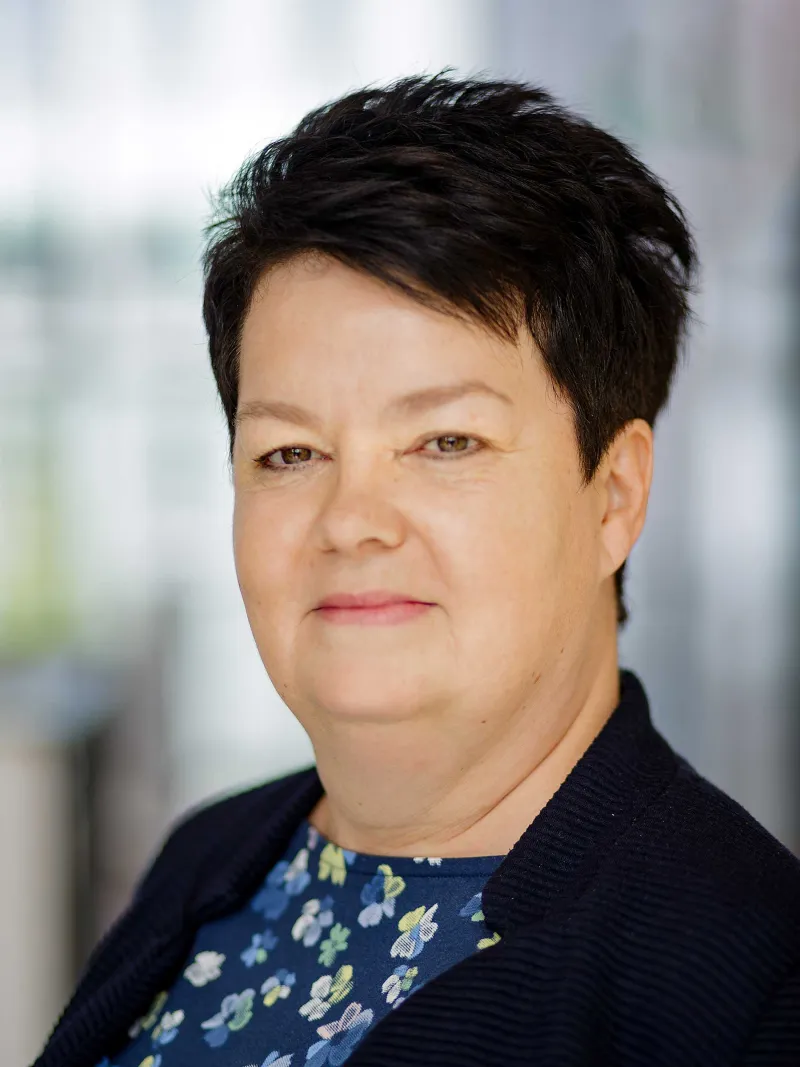Our society is constantly confronted with new and different challenges and difficulties. Social work addresses and examines these complex processes and develops solutions, arrangements and agreements together with a large number of actors involved. The part-time degree programme in social work provides you with the skills and the necessary expertise to manage, implement and reflect on these support processes.
Social Work (part-time for professionals) (BA)
8 semesters
15/12 – 15/01 (admission restricted)
180 ECTS credits
Profile
Social work: study with the greatest possible flexibility
With more than 100 different fields of work, social work is a varied branch of the profession that focuses primarily on practical work. The comprehensive knowledge transfer enables you to recognise the need for action in practice and to supervise corresponding interventions and services from planning to implementation and evaluation.
Even during your studies, you can set your own accents through the targeted choice of seminars and practical projects. In addition to studying the methods and theories of social work, you will also deal with sociological, psychological, political, legal and economic principles and the use of aesthetic and digital media in social work.
The part-time social work online degree programme focuses on the greatest possible flexibility. Through learning modules provided online, you can organise your daily study routine yourself and thus combine your job, family and studies well. Individual face-to-face meetings on the campus of the University of Applied Sciences Potsdam promote the exchange between students and lecturers.
Concept & Network
Is this degree programme right for me?
One of the most important prerequisites for studying social work is a strong ability to communicate and empathise, as work in the social sector often takes place on a personal level. Due to this personal closeness, tensions can arise again and again in everyday work. Here it is helpful if you can endure these and at the same time distinguish yourself. You should also be a patient person, because solutions cannot always be found quickly and successes are not always visible. A basic interest in scientific work as well as social, legal and business management issues are also good basic requirements for studying social work.
You bring these qualities with you
- Desire to support different people in such a way that they can help themselves
- Appreciative, respectful attitude towards all people
- Strong communication skills, empathy and patience
- Ability to tolerate tension
- Finding a balance between distance and closeness
- Interest in legal as well as business management and organisational issues
- Openness to perceive social developments
Info day (digital) for prospective students
Would you like to get to know the course content better? Take part in the info day of the degree programme Social Work | Dual via zoom in December!
Online Study Choice Assistant (OSA)
Would you like to find out more about the social work degree programme, get opinions and tips from students and lecturers or take a look at typical study tasks?
With the Online Study Choice Assistant (OSA), you can test whether the degree programme is right for you.

7 Questions for ... Prof. Dr. Gudrun Perko & Prof. Dr. Andrea Schmidt
With the interview series "7 Questions for ...", the BASA-online university network would like to show the faces behind the network.
Prof. Dr. Gudrun Perko and Prof. Dr. Andrea Schmidt, who together head the degree programme Social Work | Dual, are interviewed.
Contact
The colleagues at the student counselling service provide information to prospective students, first-year students, parents, teachers and students on all general questions about the degree programme. If you have specific questions or concerns about the part-time distance learning programme in social work (BA), please contact the subject counselling service or the programme coordination.
Subject Counselling Service & Programme Management
Subject Counselling Service & Programme Management
Programme Coordination
These degree programmes might also interest you
More courses| Department | Degree programme | Teaching language | Start of study | Application deadline |
|---|---|---|---|---|
| |
Childhood Education (BA)* | German | Winter semester | 15/05 - 15/07 (admission restricted) | |
| |
Childhood Education Dual (BA)* | German | Winter semester | 15/06 – 15/08 (admission-free) | |
| |
Early Childhood Education (BA) | German | Winter semester | 15/05 – 15/07 (admission restricted) |
| |
Early Childhood Studies (MA) | German | Winter semester | 15/06 – 15/10 (free of admission) |
| |
MA Social Work with a Focus on the Family | German | Winter semester | 15.05. – 22.06. (NC degree program) |
| |
Social Work (BA) | German | Winter semester | 15/05 – 15/07 (restricted admission) |
| |
Social Work (part-time for professionals) (BA) | German | Summer semester | 15/12 – 15/01 (admission restricted) |
| |
Social Work Dual-Digital (BA) | German | Winter semester | 15/06 – 15/07 (free of admission) |
| |
Sustainable Social Work: Child/hood and Family (MA)* | German, English | Winter semester | 15/05 - 22/06 (admission restricted) Note: Studies begin in the winter semester 2026/27 |
Career Prospects
Recognising, investigating, thematising – Social work
Our society is a complex web of social relationships and processes. Individuals, groups, organisations or entire districts face different challenges and difficulties. Social work recognises, examines and addresses social problems and challenges and works out solutions, arrangements and agreements together with a large number of actors involved. In the part-time social work degree programme, you will acquire additional knowledge (theories, methods, competences) on the basis of your professional experience in order to be able to recognise and justify the need for action in practice, to plan appropriate interventions and offers and to evaluate these with regard to their effect, as well as to professionally reflect on your professional practice. In addition, you will acquire research, preventive, intervening and aftercare working methods. The degree programme qualifies you for a management position as well as for an assistant management position and for coordinating, planning and evaluating tasks.
The degree and state recognition open up access to professional practice in social work and to further studies.
Possible areas of application
The part-time bachelor's degree programme in social work focuses on child and youth work, integration work, inclusion work and the accompaniment of older people, among other things. The degree programme imparts basic skills in child and youth work and prepares them for advisory, mediating or coordinating tasks for the following areas:
- Youth, social and health care institutions
- Providers of educational and training work
- Social counselling services
- Social management
- Resocialisation
Master's programmes

State recognition
Graduates of our bachelor's degree programmes at the social and educational sciences department receive state recognition upon separate application.
The basis for state recognition is the Brandenburg social professions act. On the website of the Brandenburg State Office for Social Affairs and Supply you will find all the important information as well as the form for applying for state recognition and for the medical certificate. The fact sheet of the Ministry of Education, Youth and Sports of the State of Brandenburg summarises the documents to be submitted.
These degree programmes might also interest you
More courses| Department | Degree programme | Teaching language | Start of study | Application deadline |
|---|---|---|---|---|
| |
Childhood Education (BA)* | German | Winter semester | 15/05 - 15/07 (admission restricted) | |
| |
Childhood Education Dual (BA)* | German | Winter semester | 15/06 – 15/08 (admission-free) | |
| |
Early Childhood Education (BA) | German | Winter semester | 15/05 – 15/07 (admission restricted) |
| |
Early Childhood Studies (MA) | German | Winter semester | 15/06 – 15/10 (free of admission) |
| |
MA Social Work with a Focus on the Family | German | Winter semester | 15.05. – 22.06. (NC degree program) |
| |
Social Work (BA) | German | Winter semester | 15/05 – 15/07 (restricted admission) |
| |
Social Work (part-time for professionals) (BA) | German | Summer semester | 15/12 – 15/01 (admission restricted) |
| |
Social Work Dual-Digital (BA) | German | Winter semester | 15/06 – 15/07 (free of admission) |
| |
Sustainable Social Work: Child/hood and Family (MA)* | German, English | Winter semester | 15/05 - 22/06 (admission restricted) Note: Studies begin in the winter semester 2026/27 |
Study Content
Course of studies
The standard period of study for the part-time Bachelor's distance learning programme in Social Work is eight semesters and concludes with a Bachelor of Arts degree.
| Semester 1 | Introduction to academic work and the legal areas of social work |
| Semester 2 | Workshop and introduction to family, labour, existential and administrative law |
| Semester 3 | Research, documentation, communication, design, creativity, presentation and introductions to social justice and inclusion/exclusion |
| Semester 4 | Choice of focus and introduction to social work methods |
| Semester 5 | Organisation, social work management, legal principles, project development, evaluation and social work methods, practice project |
| Semester 6 | Social space, empowerment, networking, social work and business as well as crisis intervention, self-evaluation and supervision, practice project |
| Semester 7 | Social work and health, social policy and work in a European and international context as well as practice project |
| Semester 8 | Ethics and professional self-concept in social work as well as profession and discipline |
- Bachelor's thesis and examination interview
- Overarching professional practice module
Teaching formats
The knowledge transfer in the part-time social work degree programme takes place in a blended learning format. The majority of the modules are made available to you digitally. You can decide flexibly when you complete the modules and how you organise your daily study routine. Furthermore, there are attendance events once a month, which extend over two days as a block seminar. The attendance events mainly serve as an introduction to the topics, reflection, research-based learning, practice and exchange among each other. Between the classroom sessions, you work through the individual modules online in self-study and are supported by our lecturers.
- Blended learning: approx. 75 % online and 25 % attendance
- 10 Classroom modules (incl. workshop and practical project)
- 17 Online modules
- Supervised mentoring during the course
- Research-based learning in a special seminar form (workshop principle) and presentation of this content
- Practical module if state recognition is desired
Study content
In the currently valid module handbooks and study and examination regulations of the social and educational sciences department, you will find the module overview, a detailed description of the modules and study contents as well as the study plan for the social work part-time distance learning study programme.
Compulsory modules (online)
- History, theoretical approaches and structure of social work
- Introduction to the legal fields of social work
- Family: A multidisciplinary introduction
- Work: A multidisciplinary introduction
- Introduction to livelihood law and administrative law
- Social Justice: A Multidisciplinary Introduction
- Inclusion/Exclusion: A Multidisciplinary Introduction
- Social Work Organisation and Management
- Family Law and Child and Youth Welfare Law in the Context of Social Work
- Project Planning and Evaluation
- Social space orientation and networking
- Economic aspects in social work
- Social work and health: prevention and health promotion
- Social policy and transnational references in social work
Electives (online)
- Introduction to the chosen field of work: children and adolescents, rehabilitation, context of generations, social work and education, delinquency, diversity, public social administration, migration and flight.
- Living environments and methods of social work
- Specific problem situations/ concepts/ crisis intervention in social work including selected areas of law
Presence modules
- Introduction to scientific work
- Introduction to social work methods
- Specific methods of social work: creativity and media education
- Conversation and counselling in social work
- Diversity: Methodological approaches in social work
- Specific social work methods in crises and conflicts
- Ethics and professional action in social work
- Profession and discipline: theories of social work and their relation to fields of practice
Theory project
In the theory project, you will discuss a self-selected question from professional practice in the form of a written, academic term paper. In doing so, you observe, analyse and interpret selected situations from practical social work and place them in the context of theoretical explanatory approaches.
Practice project
For your practice project, you are to design, implement and evaluate a change project in the context of your own professional activity. For this purpose, you will create a concept with relevant references to theory, choose the appropriate methodological approaches and finally implement your planning in a concrete practice project. Subsequently, you will present your process- and result-oriented analyses of the self-initiated and/or accompanied practice intervention.
Thesis
During the last semester, you will write your bachelor's thesis and will be accompanied in the process by a research colloquium.
Projects from the department
More projects
Certificate Programme "Fan- und Zuschauermanagement" (FZM)
The aim of the certificate programme is to provide scientific, conceptual, strategic and action-oriented skills for managerial, planning, coordinating and evaluating activities in the field of fan and spectator management.
Transfer research project: Social work in daycare centres and family centres in Brandenburg
Social work in daycare centres, also known as daycare centre social work, has been a growing field of activity in Germany for the last ten years. The aim is to mitigate the consequences of social inequality for children's education. This issue is currently under discussion as part of the planned Startchancen programme for daycare centres, which the federal government intends to implement from 2026…

FEEL - Feeling, Recognising, Assessing, Learning
Extended reality and AI-supported counselling for parents in understanding and dealing constructively with their children's emotions
Attendance Dates
Overview of attendance dates
The students of the part-time and online-supported degree programme in Social Work receive their learning plans for the respective semester with detailed information early on. Please see the schedule on the german page for an overview of the attendance times for the programme (all dates are given as dd.mm.jjjj).
Application & Contact
Dates & requirements for your application
The most important deadlines, dates and admission requirements for the part-time distance learning programme in social work (BA) are compiled here. In the next section, you will find out which steps you need to take for a successful application.
Dates
- 6th of June 2026: Open Day at the University of Applied Sciences Potsdam
- always in December: Online information round
- until 15th of January: register and submit online application
- until 15th of January: apply for a higher semester to continue a degree programme you have started at the University of Applied Sciences Potsdam
- Selection interviews at the end of January/beginning of February 2027
Access requirements
- General university entrance qualification according to the Brandenburg university act: General university entrance qualification or entrance qualification for studies at universities of applied sciences or previous professional training recognised as equivalent.
- Work experience in the field of social work of at least 15 hours per week during the course of study.
Time requirement & costs
- Have 25 hours per week to study
- Regular semester fee
- 65.00 euros per online module
- Travel, accommodation and catering costs for the attendance days
This is how you apply!
In the following, we explain to you which aspects you should pay attention to from the registration for the central allocation of study places to the matriculation (enrolment).
Further information
The following links provide you, and especially international applicants, with further information on the topics of application and enrolment at the University of Applied Sciences Potsdam.
International applicants
You would like to apply for studies from the first or a higher semester and have acquired your school-leaving qualification and/or university degree abroad? Then you can have degrees and achievements acquired abroad recognised and study with us.
Application & Enrolment Procedure
The application and study service provides information and advice on general questions regarding the application process, admission and enrolment at the University of Applied Sciences Potsdam, application for a higher semester, but also on topics such as compensation for disadvantages, part-time studies, waiting semesters and hardship applications.
Contact & Services
The student counselling service provides information and advice on general questions about the degree programme as well as on topics such as choosing a degree programme, application, enrolment and study organisation.
For subject-specific questions about module content, credit transfer, examinations or specialisations in the part-time distance learning programme in social work (BA), the subject counselling service or programme coordination is the right place to go.
Subject Counselling Service & Programme Management
Subject Counselling Service & Programme Management
Programme Coordination
Study and Examination Services
Study Info Service
studien-info-service@fh-potsdam.de
bewerbungs-service@fh-potsdam.de
campuskarte@fh-potsdam.de
Study Service
studien-service@fh-potsdam.de
Exam Service
pruefungs-service@fh-potsdam.de
Family Affairs Officer
Office hours
Tue and Thu 9.30 am – 1.30 pm
Accessibility and Inclusion Officer
Office hours
Monday and by appointment


